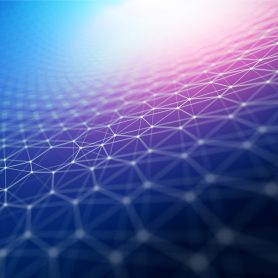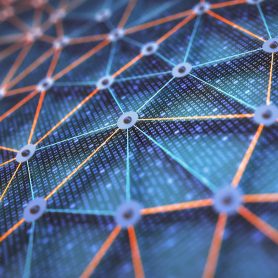Extending Runtime Fabric to different regions using Amazon EKS and CloudFront
Anypoint Runtime Fabric can now run on a variety of managed container platforms — Amazon Web Services, Microsoft Azure, and Google Cloud Platform — opening
Deployment models for MuleSoft Government Cloud
The Government's Cloud First initiative and the Office of Management and Budget (OMB)’s Cloud Smart strategy announcement is to drive cloud adoption in federal
26 new Anypoint Connectors for IT and business collaboration
I am excited to announce MuleSoft has released 26 new Anypoint Connectors, enabling our customers to integrate data from a number of new systems
How to adopt sustainable engineering practices with MuleSoft
Collectively, we all have a part to play in saving our planet. Even as developers, architects, and product owners we have the power to
Multi-region deployments using Anypoint Runtime Fabric on Amazon Kubernetes Services
The recent release of Anypoint Runtime Fabric to the managed container platforms offered by Amazon Web Services, Microsoft Azure, and Google Cloud Platform opens
Managing nodes on Runtime Fabric on Azure Kubernetes Service (AKS)
When you’re running your workloads on any multi-node Kubernetes environment — such as Runtime Fabric on self-managed Kubernetes — you’re bound to run into
How to install basic Runtime Fabric CI/CD with Jenkins and Nexus
This is the final article in a mini-series on Runtime Fabric. In this blog, we will review the basic building blocks for the Runtime
How to connect to LDAPS using Java
LDAP — or lightweight directory access protocol — is a protocol for accessing directory information services where information such as users and groups is stored.
Speed up your application deployment on Runtime Fabric with unallocated CPU capacity
As the world innovates at a faster and faster rate — it’s critical for businesses to see changes in the market and address them quickly
Your guide to MUnit testing strategies and test coverage
Humans make mistakes. While they’re usually harmless, when it comes to building applications, these mistakes can be expensive and risky. This is why application























